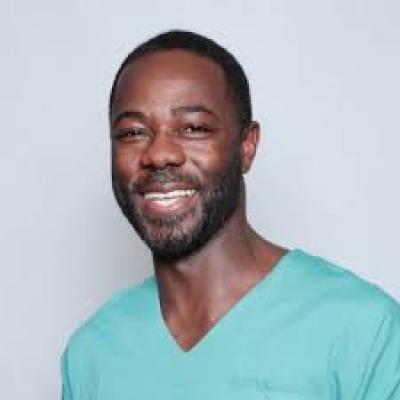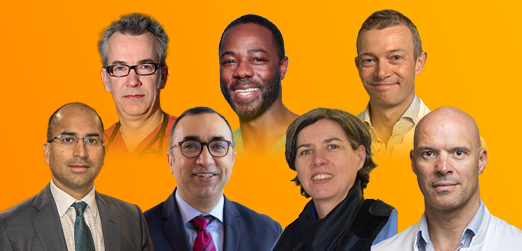- Home
- Dr Didier Tchetche

Didier Tchétché
Department of Interventional Cardiology, Clinique Pasteur, Toulouse, France
Biography
Didier Tchétché, (Clinique Pasteur, Toulouse, France) Graduated from the University of Paris V where Dr Tchétché obtained his post-graduate diploma of cardiovascular pathology in 2004. From 2004 to 2005, he completed a 12-month fellowship period in the Hemodynamic and Interventional Cardiology department of Clinique Pasteur in Toulouse and from 2005 to 2007 he was Head Assistant at the intensive care unit of Bichât Hospital in Paris.
In 2008, he joined the interventional cardiovascular group in Clinique Pasteur, Toulouse, and he is currently Head of the Structural programme with an experience of more than 5000 TAVI procedures. His main areas of interest are coronary interventions and valvular heart disease. He has been actively involved in many clinical trials involving new technologies and devices in the field of interventional cardiology.


